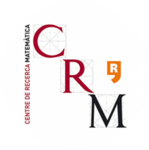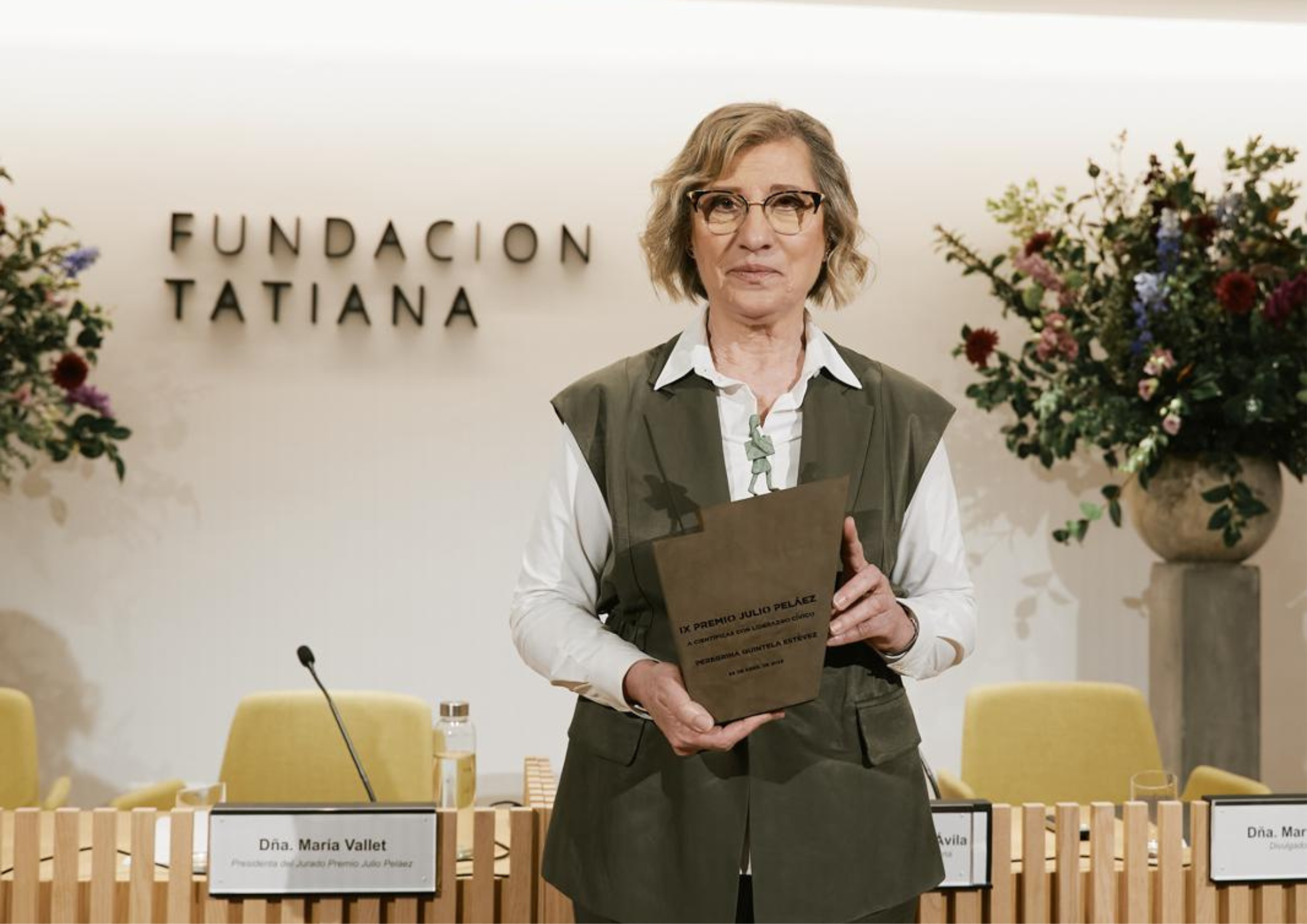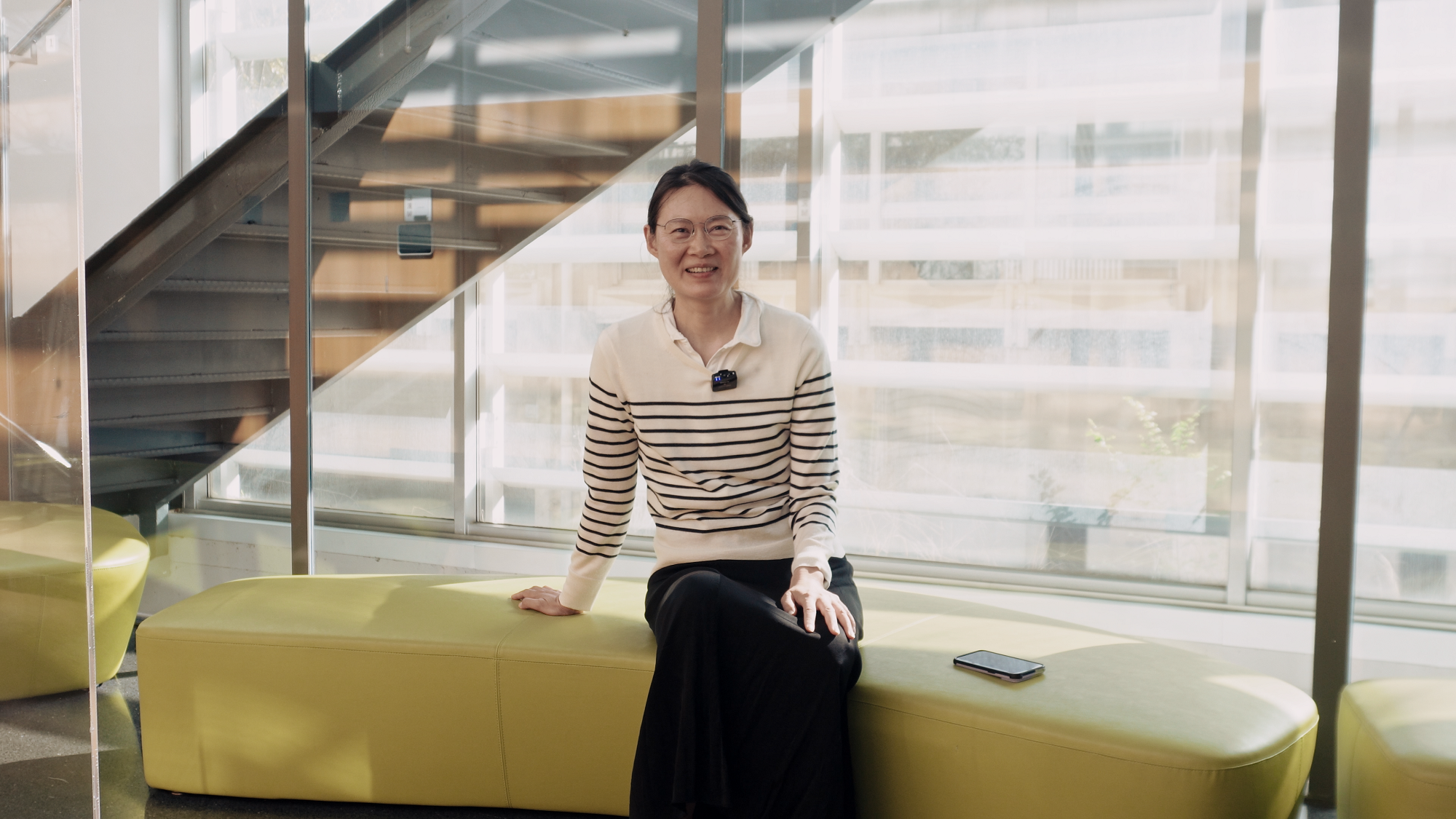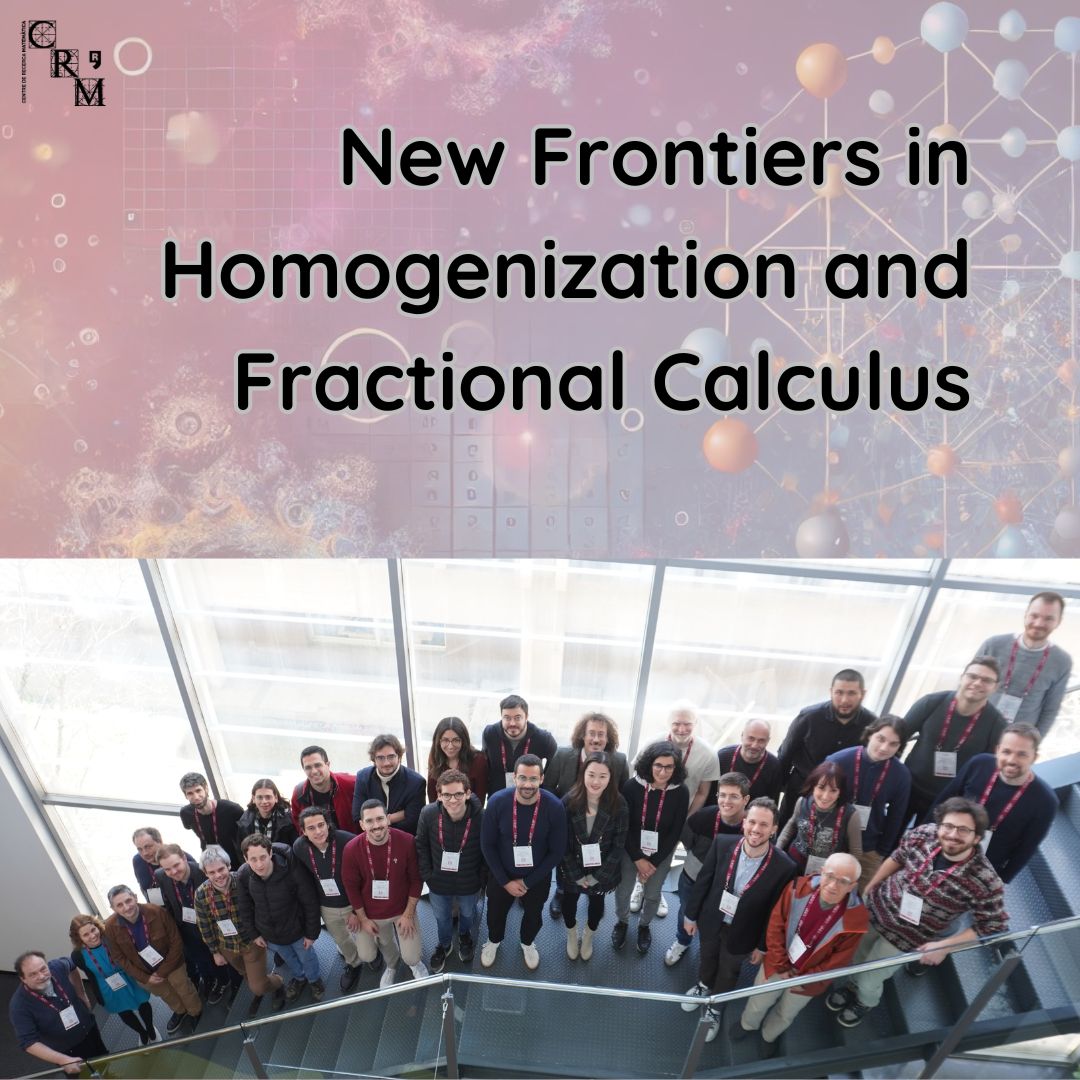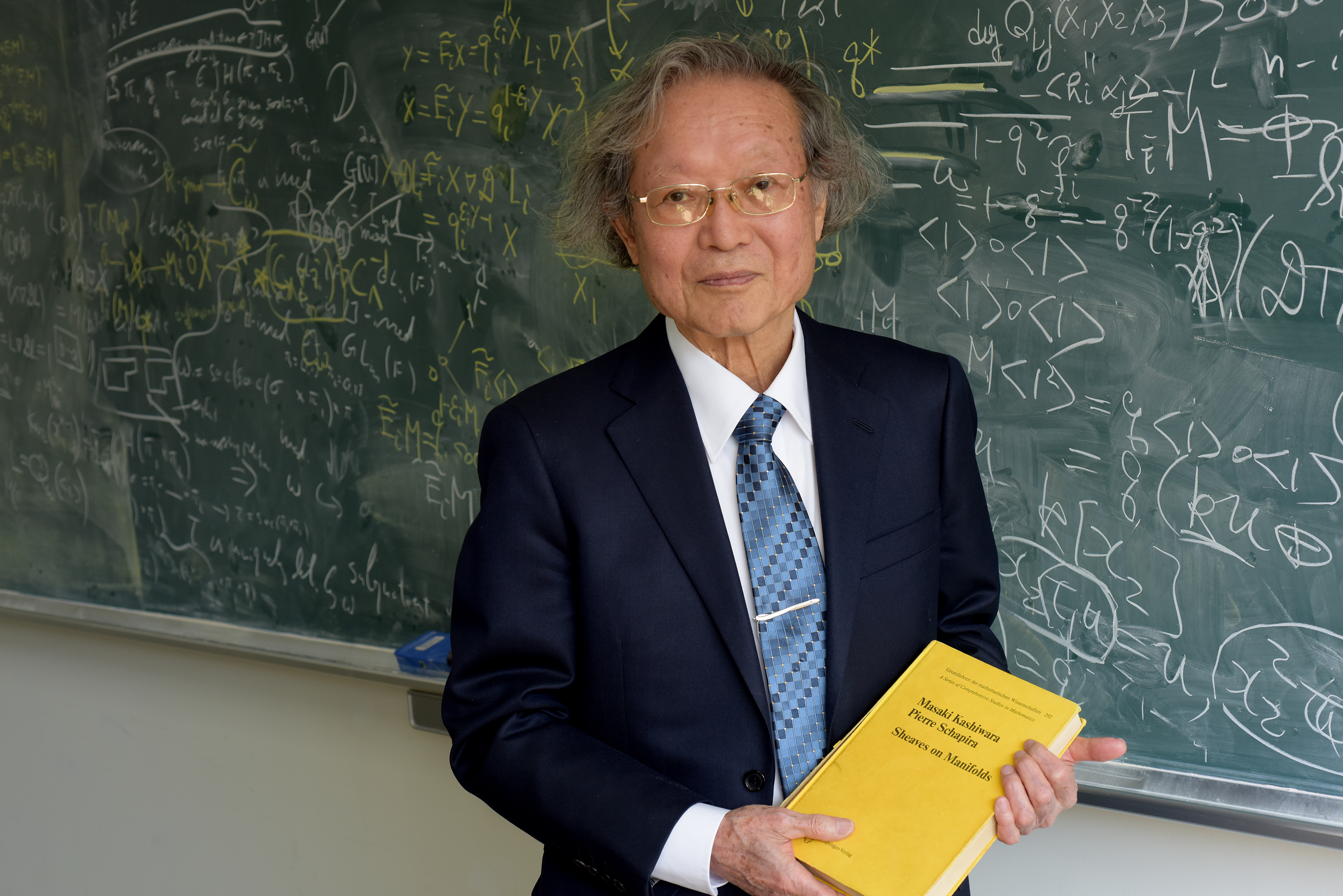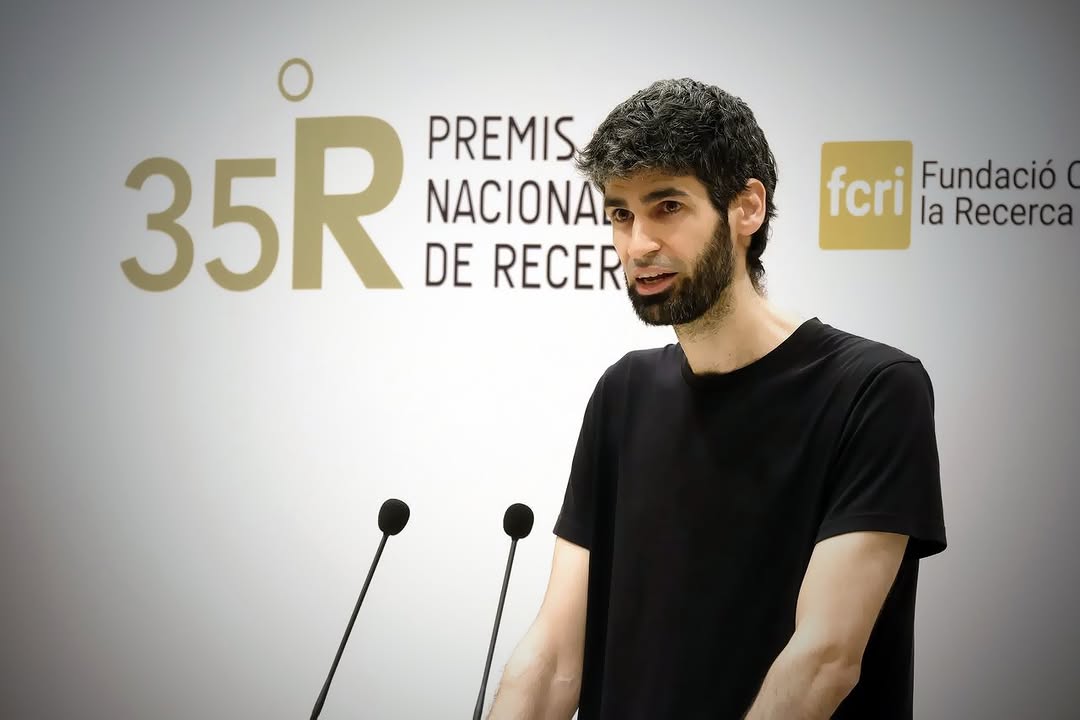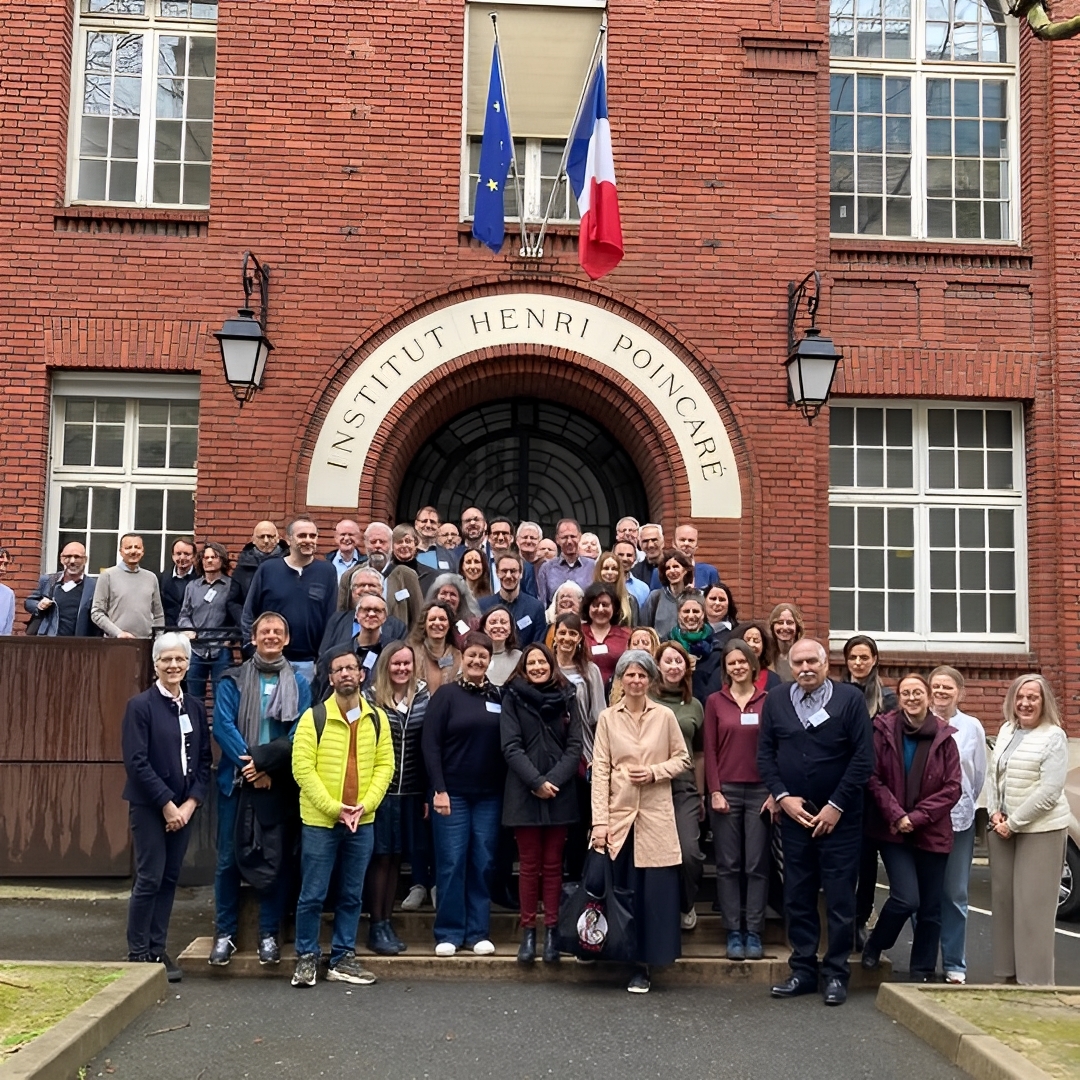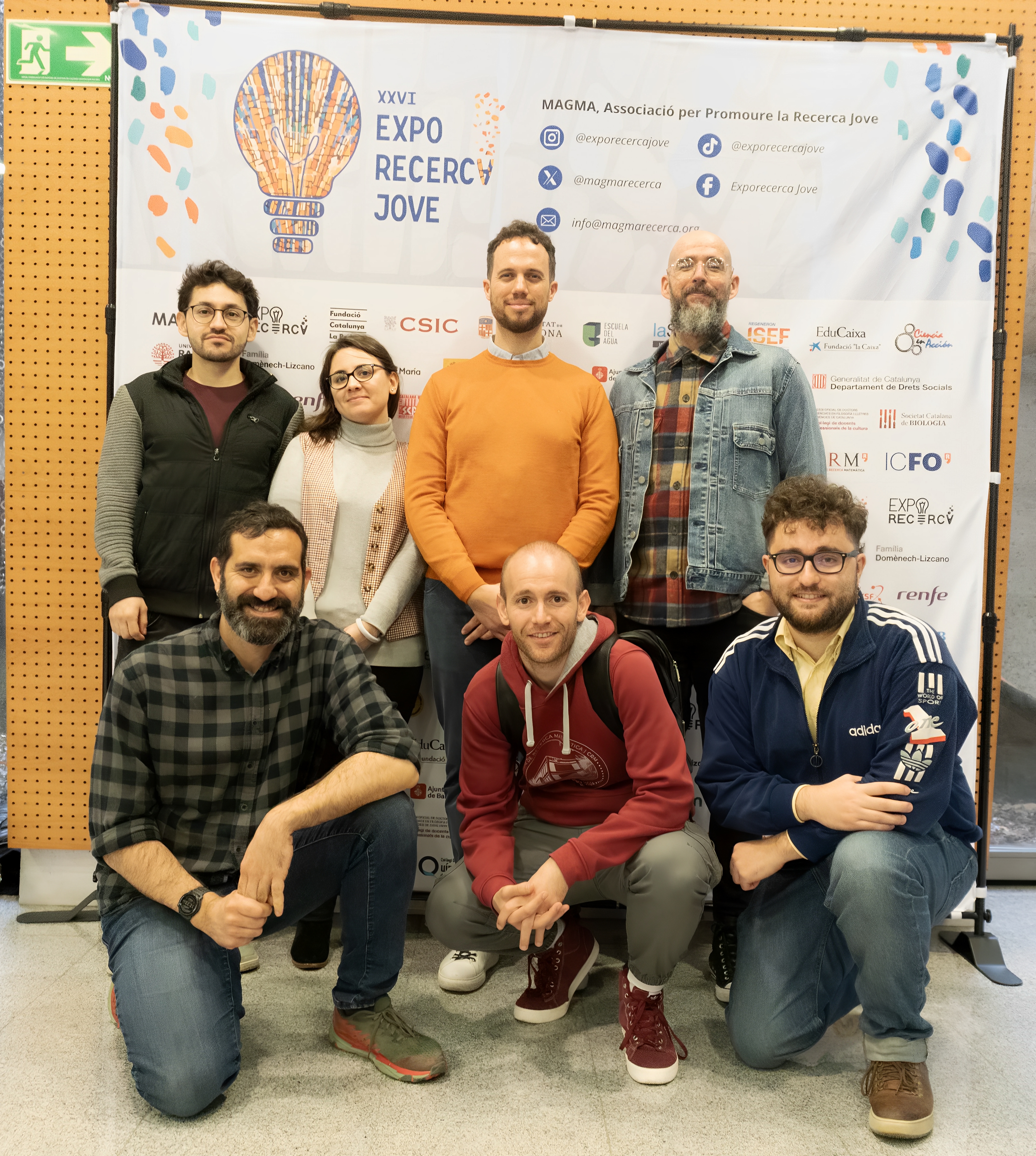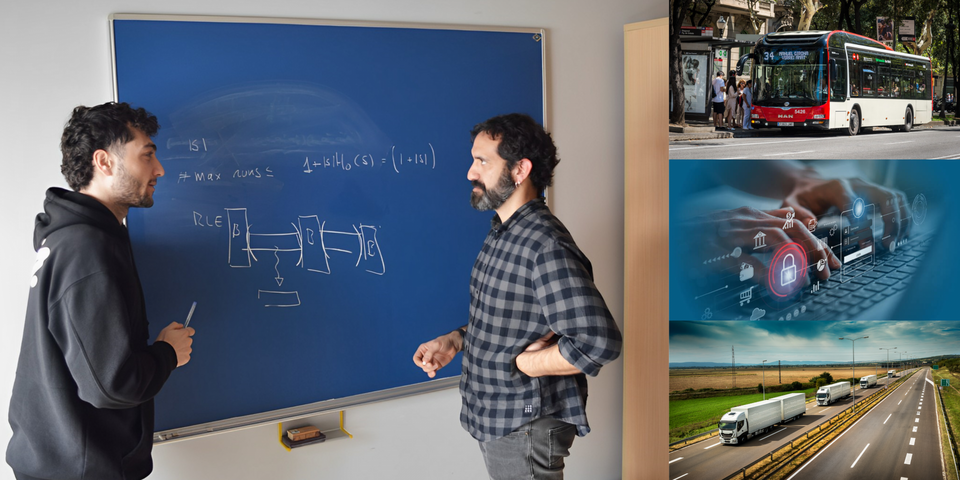
In today’s world, interdisciplinary collaboration is essential for scientific progress, particularly in mathematics. Mathematics plays an increasingly critical role in addressing industrial and societal challenges. The Math-In network, a Spanish initiative, spearheads this endeavour by bringing together mathematicians and professionals from industry and social initiatives. The network encompasses 40 research groups and nodes from universities and research centres across Spain, including the Centre de Recerca Matemàtica (CRM).
Founded in 2011, the Red Española Matemática-Industria (Math-in) aims to connect mathematicians with industry and society to facilitate the transfer of mathematical knowledge and expertise. The network serves as a bridge between academic research and real-world applications, addressing pressing issues in various sectors, including healthcare, energy efficiency, and environmental sustainability.
“Math-In seeks to connect research groups and/or transfer units from various universities with a clear commitment to transferring mathematics to industry, but also to society at large,” explains David Romero, head of the Knowledge Transfer Unit (KTU) at CRM. “This is done by inviting companies to present their problems to members of the network, enabling different research groups to propose solutions for specific real-world challenges. Additionally, Math-In works to foster synergies among the groups to tackle more complex projects.”
David Romero, who also serves as the treasurer of Math-In, acknowledges the challenges that the network faces. “Researchers are primarily tasked with producing research outputs, such as scientific papers. Engaging them in knowledge transfer activities and projects requires establishing mutually beneficial collaborations. Moreover, Math-In needs ongoing resources to maintain its operations. Efforts like Math-In are also crucial for promoting knowledge transfer at the academic level, ensuring that undergraduate and master’s students recognize knowledge transfer as a viable aspect of the research career.”
Regarding the impact of promoting knowledge transfer activities among students, Romero adds that “some students may be more inclined to pursue a PhD in mathematics if they are aware of the relevance of knowledge transfer. Why not pursue an industrial doctorate, where the student has the opportunity to collaborate with industry? The ‘industrial’ adjective doesn’t make the doctoral program any better or worse; it simply means that the research is more focused on applications for specific industrial problems. Many problems from industry are intriguing to approach from a mathematical perspective.”
Expanding the Reach of the CRM Knowledge Transfer Efforts
Participating in Math-In aligns with one of CRM’s strategic goals: developing innovative mathematical solutions grounded in rigorous theoretical research for real-world applications. The centre particularly emphasizes tailoring well-founded models to solve emerging problems with significant societal impacts. This approach leverages proven mathematical research to create concrete solutions that effectively address pressing societal challenges.
“Being part of the Math-In network helps us expand our network beyond our immediate area of operation,” Romero explains. “This means we have the opportunity to find collaborative projects with companies and institutions from other parts of Spain and also to connect with other networks operating at a European level.”
CRM has successfully participated in major projects through Math-In. “Currently, we are working on a logistics sector project that involves the CRM and research groups from other institutions. This collaboration has also opened doors to connect with institutions and groups that we might not have been able to collaborate with otherwise.”
CRM’s philosophy is that almost every problem can be approached mathematically. The centre’s involvement in Math-In focuses on developing bespoke mathematical models that accurately reflect the unique challenges faced by enterprises across various sectors. This process begins with a deep dialogue between CRM mathematicians and industry professionals to ensure a thorough understanding of the specific issues at hand.
This customized methodology extends from problem formulation to simulation and numerical analysis, providing targeted solutions. Areas such as cost optimization, algorithm design, task allocation, logistics, and data analysis are just a few examples where CRM’s expertise has been instrumental.
“It is a well-known adage that mathematics is everywhere,” Romero remarks. “But what do we mean when we say that? When evaluating knowledge transfer efforts in research, people often focus on quantifiable metrics, such as the number of spin-offs. However, when it comes to transferring knowledge in mathematics, the results of that knowledge may take time to be visible. The outcome is not always straightforward.”
Collaboration Beyond Problem-Solving
CRM’s collaboration with industry partners goes beyond problem-solving. The centre offers specialized training on specific topics and participates as an academic partner in competitive innovation projects. This multifaceted approach not only solves immediate challenges but also equips businesses with the knowledge and tools to leverage mathematical methods independently. CRM’s involvement in the Math-In network is not in isolation. Being part of the CERCA network and its status as a system centre provides CRM with access to a broader spectrum of research facilities and expertise. This integration enriches the projects undertaken by CRM, offering a more comprehensive and multidisciplinary perspective.
“One of the biggest challenges we face in our work is finding a suitable counterpart on the other side of the table,” Romero explains. “By that, I mean someone who not only cares about the outcome of a given project but also about the process itself. We try to avoid projects where the sole objective is to make a product. We believe that knowledge generation is an integral part of knowledge transfer, and for that, we need to work with people who share this same value. We also strive to create a common language so that people from different expertise levels and backgrounds can find it easier to collaborate. In particular, through Math-In, we advocate for finding ways to collaborate with research institutions from other scientific fields outside of mathematics.”
CRM’s commitment to bridging mathematics and real-world applications is exemplified by its participation in the Math-In network. This initiative demonstrates the centre’s dedication to leveraging mathematical expertise to address pressing societal challenges and contribute to innovation and progress.
Subscribe for more CRM News
|
|
CRM CommPau Varela & Mariona Fucho
|
Peregrina Quintela reconeguda amb el Premi Julio Peláez 2025
La Dra. Peregrina Quintela Estévez, membre del Comitè Científic Assessor del Centre de Recerca Matemàtica (CRM) des del 2017, ha estat distingida amb el Premi Julio Peláez 2025 a Científiques amb Lideratge Cívic. El guardó reconeix la seva trajectòria en matemàtiques...
Chenchang Zhu, Inaugural CRM–María de Maeztu Chair of Excellence
The Centre de Recerca Matemàtica (CRM) has named Professor Chenchang Zhu (University of Göttingen) as the first María de Maeztu Chair of Excellence, a position that recognises leading women mathematicians. Her appointment began on April 9, 2025, with a lecture on...
Eva Miranda Featured in Quanta Magazine
Eva Miranda, professor at the UPC and researcher at the CRM, is featured in Quanta Magazine. The article highlights how certain physical systems, such as fluid flows, can simulate computations so complex that predicting their behaviour becomes mathematically...
Exploring New Frontiers: Chronicle of the School on Homogenization and Fractional Calculus
On 24-25 March 2025, the Centre de Recerca Matemàtica (CRM) hosted the ‘School on New Frontiers in Homogenization and Fractional Calculus’ to celebrate the 50th anniversary of Γ-convergence. This mathematical technique was introduced by Ennio De Giorgi and Tullio...
Quillen i la Quimera de l’Homotopia Equivariant: Estratificant l’Inimaginable!
L'equip de l'estudi ha ampliat el teorema de Quillen per treballar amb espectres anellats equivariantment com a coeficients. També ha formulat una estratificació geomètrica en el llenguatge de la geometria tensorial-triangular equivariant. Els investigadors es van...
Masaki Kashiwara rep el Premi Abel 2025 per les seves aportacions a l’anàlisi algebraica
El matemàtic japonès Masaki Kashiwara ha estat guardonat amb el Premi Abel 2025. Entre les seves fites destaca el desenvolupament pioner de la teoria dels D-mòduls, que ha tingut una influència profunda en les matemàtiques modernes i en camps com la física teòrica....
Joaquim Ortega Cerdà elected to the Royal Norwegian Society of Sciences and Letters
Joaquim Ortega Cerdà, professor at the University of Barcelona, has been elected to the Royal Norwegian Society of Sciences and Letters, Norway’s oldest institution dedicated to science and scholarship. Professor Joaquim Ortega Cerdà, from the University of Barcelona,...
Hero Saremi’s Research Stay at CRM Through CIMPA-ICTP Fellowships
Hero Saremi (Islamic Azad University, Iran) completed a research stay at CRM through the CIMPA-ICTP Fellowships "Research in Pairs" programme, collaborating with Rosa Maria Miró-Roig (UPC–CRM) and delivering a course on Artinian Gorenstein algebras. She described the...
Xavier Ros Oton rep el Premi Nacional de Recerca al Talent Jove 2024
Xavier Ros Oton ha estat guardonat amb el Premi Nacional de Recerca al Talent Jove 2024, el primer cop que aquest reconeixement recau en un matemàtic. El premi destaca la seva trajectòria en l’estudi de les equacions en derivades parcials. El Premi Nacional de Recerca...
CRM participates in the annual ERCOM meeting in Paris
The Centre de Recerca Matemàtica (CRM) took part in the 2025 ERCOM meeting in Paris, joining leading European centres to discuss collaboration, outreach, and research strategies. The Centre de Recerca Matemàtica (CRM) took part in the annual meeting of ERCOM (European...
Xavier Lasauca i Lola Dagà, guanyadors del II Concurs de Poesia en Pilish del CRM
El segon certamen de poesia en pilish del Centre de Recerca Matemàtica (CRM) ja té guanyadors: Xavier Lasauca i Lola Dagà han estat els autors més votats pel públic, que ha pogut escollir els seus poemes preferits a través de les xarxes socials del centre. La...
El CRM premia el talent jove a l’Exporecerca 2025
El Centre de Recerca Matemàtica (CRM) ha premiat dos treballs destacats a l’Exporecerca Jove 2025, reconeixent la recerca en matemàtiques i intel·ligència artificial. Amb aquesta iniciativa, el CRM reforça el seu suport al talent jove i a la innovació científica. El...

